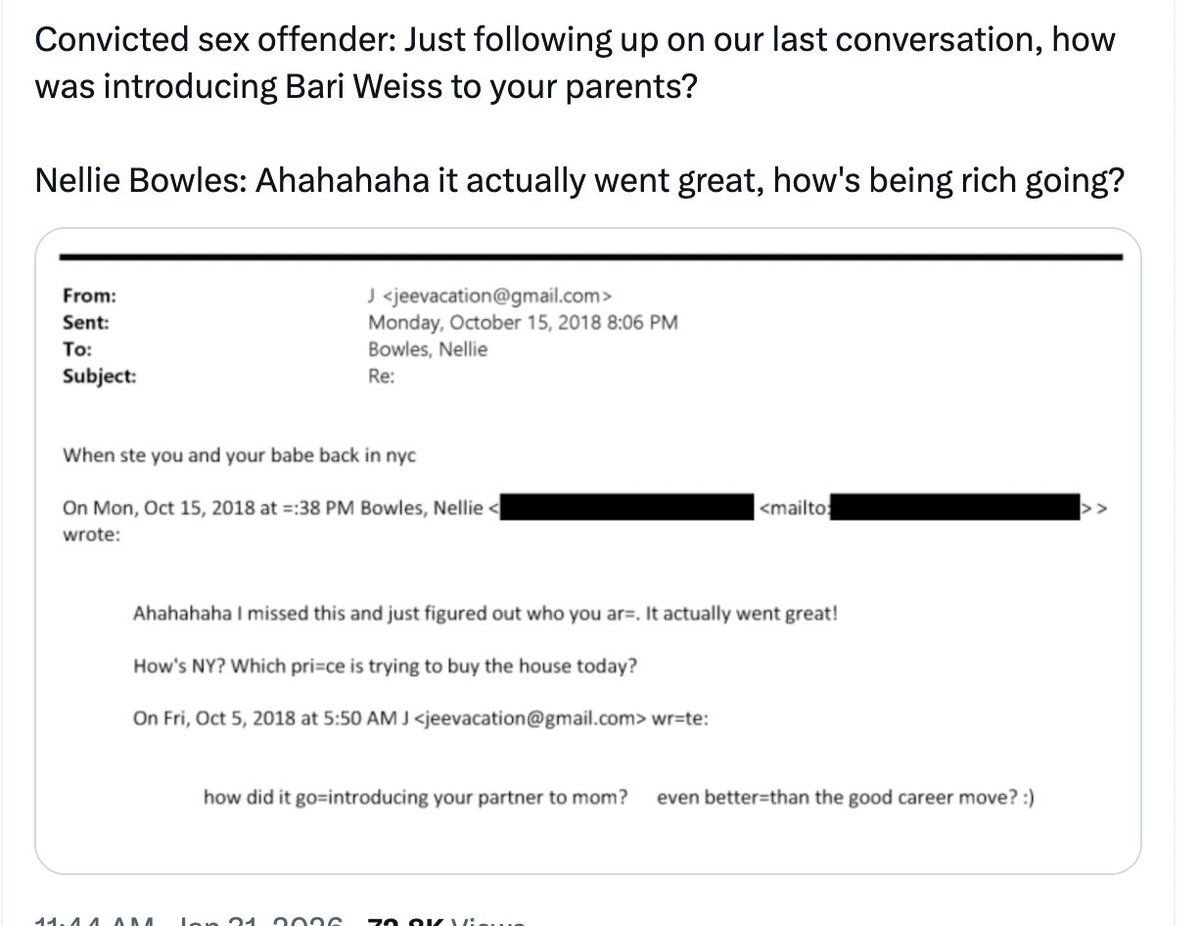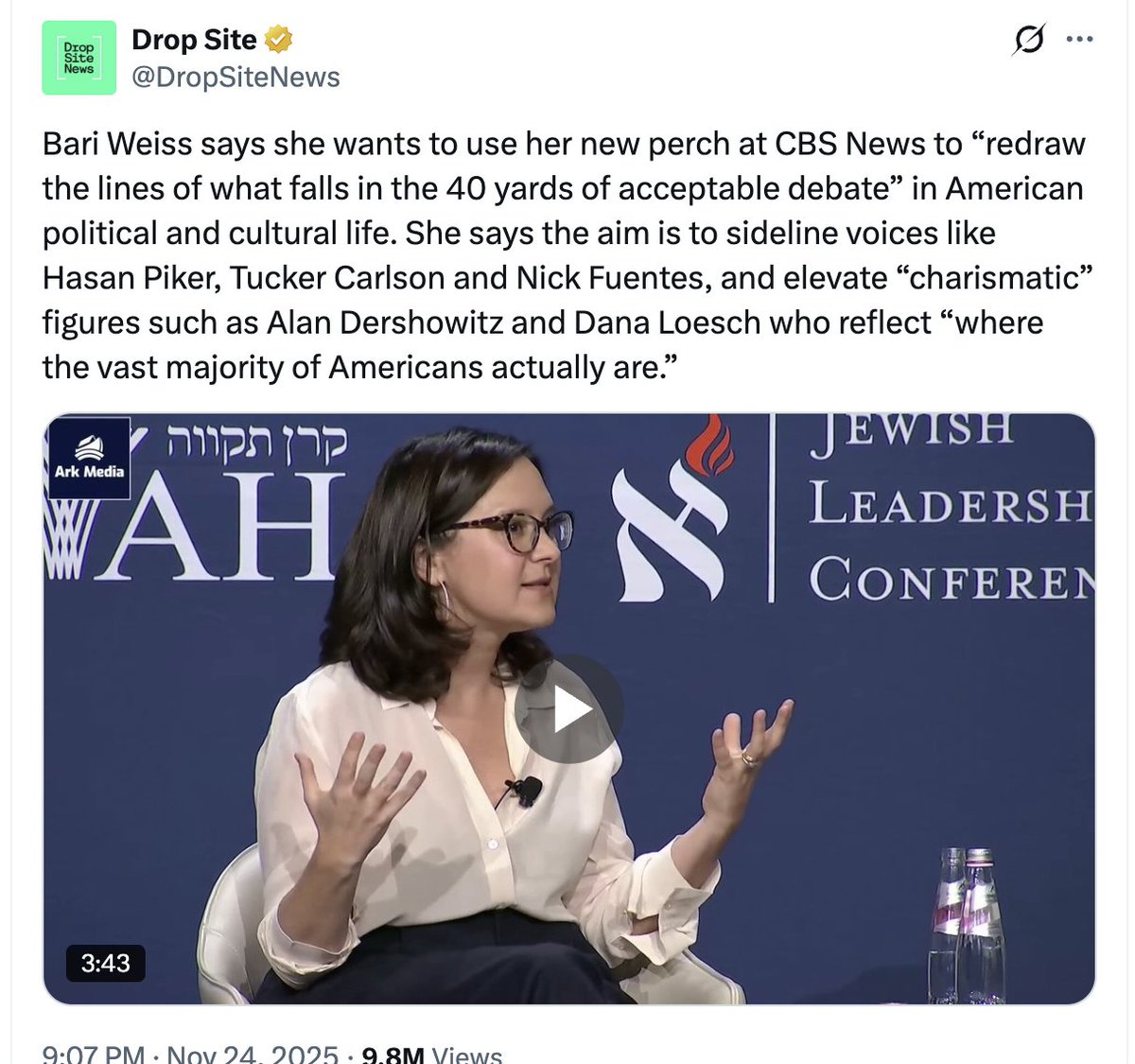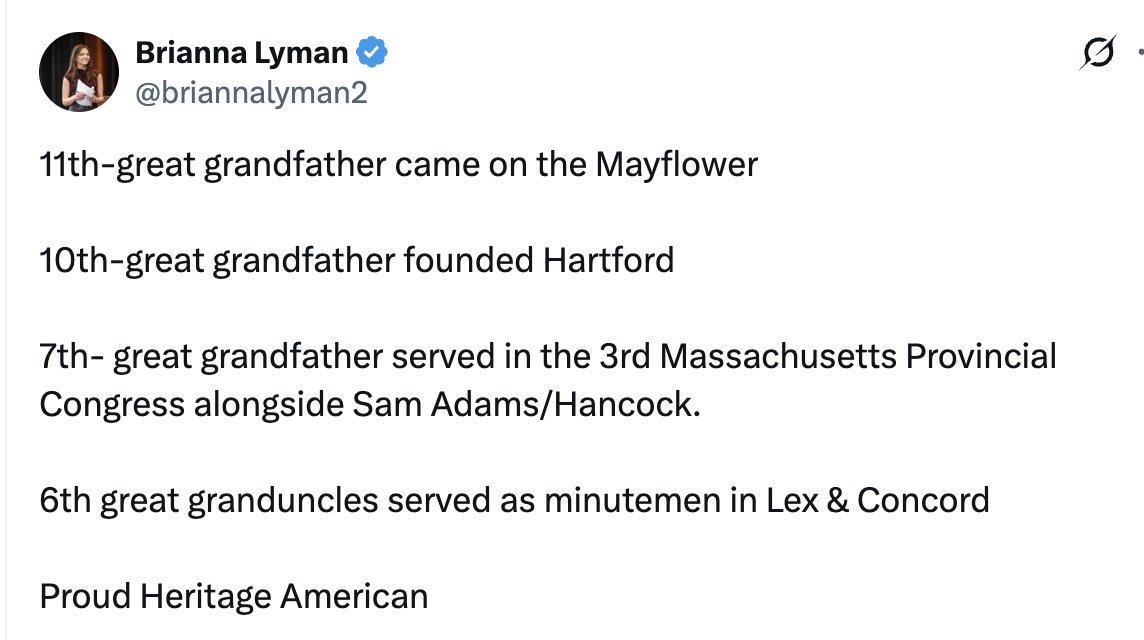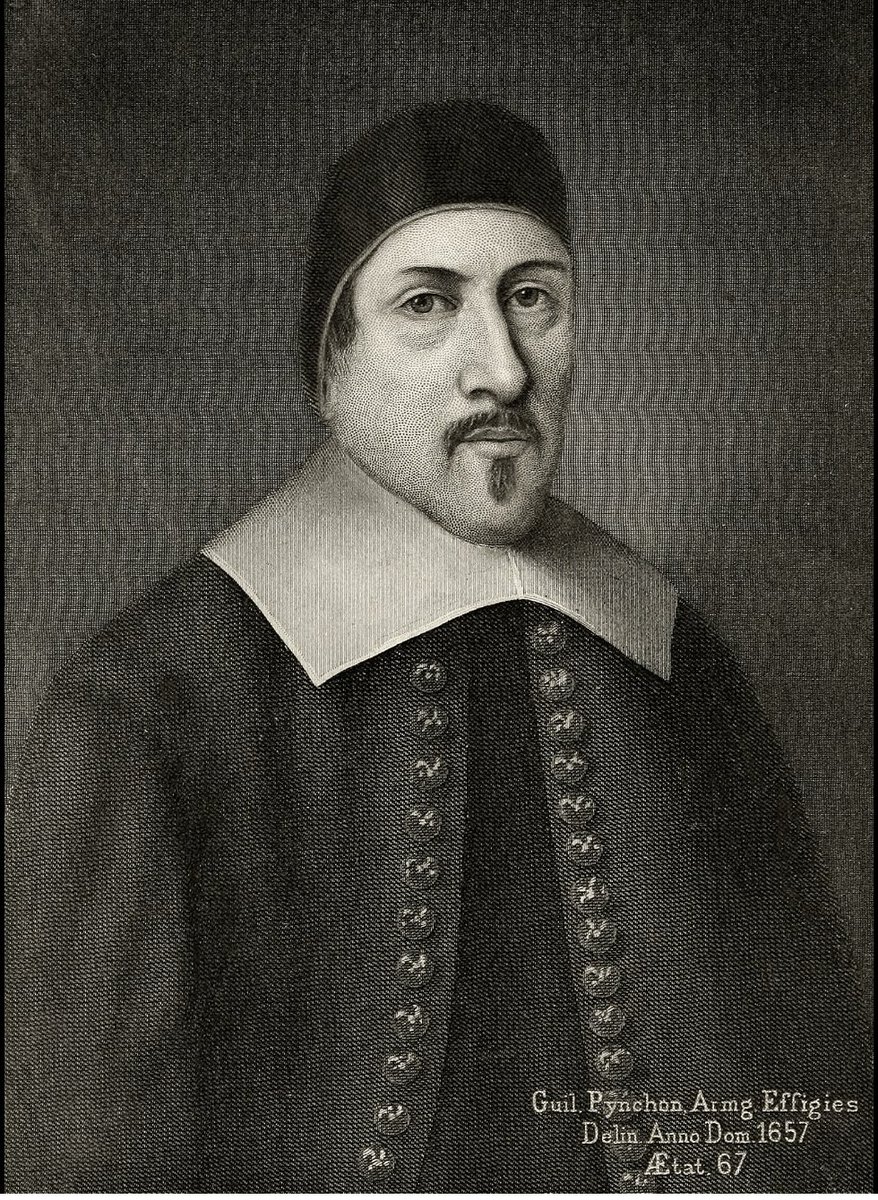1. Having watched this a few times, I have to say it doesn't get any less alarming. It's worth stepping back and think about where this is heading.
https://twitter.com/NBCNews/status/1308902276187262978
2. The pro-Trump -- or at least anti-anti-Trump -- position on this is Trump isn't serious. It's bluster. He doesn't have the brains, will-power, or support needed to pull off a coup.
https://twitter.com/Heminator/status/1308937578931007488
3. Trump's intent seems uninteresting and irrelevant. As per other authoritarian regimes, the method is "working towards the Donald." He issues broad goals and people try to please him by carrying them out. Doesn't matter what he intends as long as followers are there.
4. An earlier example of Trump coup talk (from last year) gives the outlines of how he sees it working: military, police & Bikers for Trump would support him.
https://twitter.com/ddale8/status/1106240706937606144
5. Let's take the possible coup forces one by one. He has the bikers, he has some of the police. But neither would be able to aid in a take over of the government. He doesn't -- and this is crucial -- have the military.
6. The military -- especially the officer corps. -- isn't on board for a coup. Their refusal to join in the crackdown against BLM protest shows that, I'd argue. In the future, I think historians will see that as the peak moment of crisis.
7. The more immediate threat than a coup -- or rather the road to a coup which needs to be more immediately dealt with -- is court shenanigans. About which, more here: thenation.com/article/politi…
• • •
Missing some Tweet in this thread? You can try to
force a refresh












